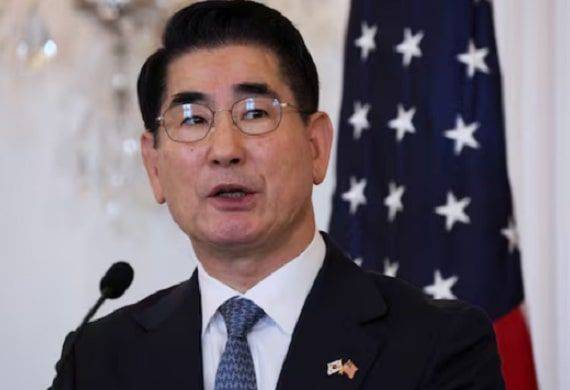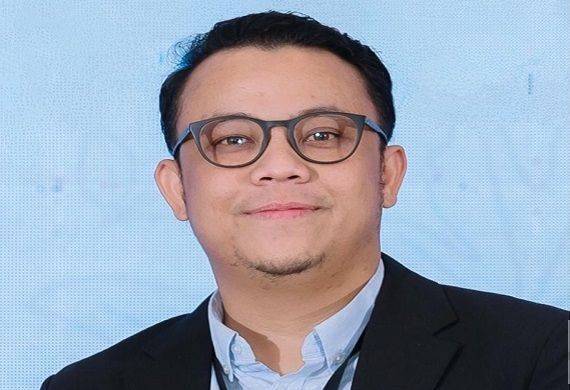Former South Korean Defense Minister Denies Insurrection Charges in Martial Law Trial
By Global Leaders Insights Team | Mar 17, 2025

During the March 17 court trial in Seoul, former South Korean Defense Minister Kim Yong-hyun took a confrontational stance against insurrection charges regarding his December 2024 martial law declaration. When Kim resigned from his post he became detained on charges that he colluded with Yoon Suk Yeol to implement martial law in order to stop parliamentary control by the opposition. According to the prosecutors this move represents an unlawful seizure of power but Kim states it was essential to stabilize the political situation.
Kim identified the Democratic Party's opposition as responsible for starting the crisis through their continuous efforts to impeach public figures. According to Kim he implemented martial law in response to rising misconduct from the opposition party which he termed as “wicked behaviour.” Kim maintained his innocence by stating that he never orchestrated an illegal coup attempt or insurrection. “Did I stage an illegal coup or insurrection? No, I didn’t… How can you (prosecutors) call it conspiring or plotting when it was a discussion?”
The prosecutors delivered a contrasting version to the public during the trial proceedings. During the trial Prosecutor Yoo Byung-kuk presented an argument which rejected the validity of implementing martial law, stating, “It was not a state of national emergency, or equivalent to wartime.” He accused Kim and Yoon of mobilizing troops to six locations, including parliament and the National Election Commission, to “blockade the National Assembly… [and] arrest and detain officials at the National Election Commission without a warrant.” Evidence showed that former army intelligence commander Noh Sang-won met with Kim every day to prepare detention equipment including cable ties against election officials.
Throughout the trial defense attorney Lee Ha-sang argued that the prosecution evidence does not meet the legal requirements for rebellion, “Insurrection means harming stability and peace over a long time, but we don’t understand that martial command’s work such as restricting access could fit as insurrection.” Meanwhile, President Yoon, also on trial for insurrection, awaits a Constitutional Court ruling on his impeachment, as South Korea navigates the fallout of this political crisis.
.jpg)



